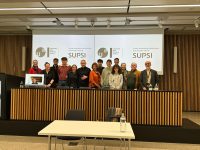-
Free text
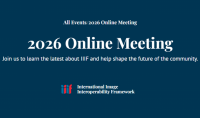 January 27-29, online
January 27-29, onlineThe Online Meeting is intended for a wide range of participants and interested parties, including digital image repository managers, content curators, software developers, scholars, and administrators at libraries, museums, cultural heritage institutions, software firms, and other organizations working with digital … Continue reading →
Following Michał Orzechowski presentation of the Lambousa fishing boat case study in the context EUreka3D project at the 15th International Conference on Parallel Processing & Applied Mathematics, a paper on the case was written and submitted by part of EUreka3D … Continue reading →
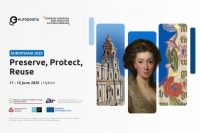 Europeana 2025 held on 11-12 June 2025 under the patronage of the Polish Presidency of the Council of the EU!
Europeana 2025 held on 11-12 June 2025 under the patronage of the Polish Presidency of the Council of the EU!EUreka3D-XR takes part in the Europeana Conference 2025, a hybrid event held under the patronage of the Polish Presidency of the Council of the EU. Europeana 2025 – preserve, protect, reuse will explore critical questions facing the digital heritage sector and society at … Continue reading →

Linked Heritage is a 30 month EU project, started on 1st April 2011. Linked Heritage has 3 main objectives: I) to contribute large quantities of new content to Europeana, from both the public and private sectors; II) to demonstrate enhancement… Continue reading →
Linked Heritage Third Plenary Meeting and WP Technical meetings
Linked Heritage plenary meeting in Dublin
The digital cultural heritage towards Horizon 2020
Linked Heritage training programme
Linking Cultural Heritage Information
Improved search and higher-quality metadata through terminology management
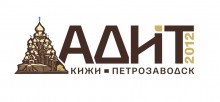
The annual conference ADIT that has been held since 1997 is one of the key All-Russian activities on promotion of information technologies among museums and other cultural institutions that facilitates the development of museums and exchange of regional experience. Continue reading →
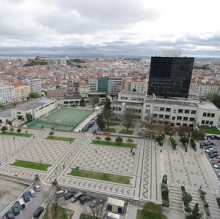
Lisbon hosts the Linked Heritage Third Plenary Meeting and WP Technical meetings. Linked Heritage is a 30 month EU project, started on 1st April 2011. The Plenary represents an interesting and useful meeting to know the state of the art of the project and to plan the activities for the next months. The meeting is organized by Instituto Superior Técnico (Portugal). Continue reading →
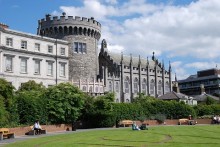
The Linked Heritage project (a 30 months Best Practice Network project founded by the EC) now draws to the end of its life and in Dublin the partners will have the possibility to discuss the latest commitments in view of … Continue reading →
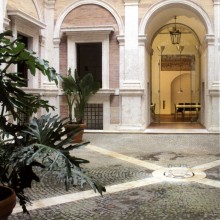
The event was divided in two sessions; the first one was dedicated to the policy, highlighting the decisions by Italian Government and Parliament related to the central role of culture for the economic recovery in Italy, and also in Europe. The second session was dedicated to the digital content Aggregators and to the research infrastructures in the sector of SSH (Social Science and Humanities) and cultural heritage, to share objectives and to develop a common, operative roadmap for digitization. Continue reading →
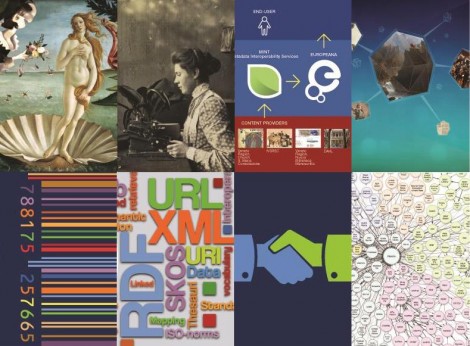
The Learning Objects, developed in the frame of Linked Heritage, range from Europeana to aggregation, metadata standards, linked data, terminology, etc.) and address an identified shortage of awareness of these important topics. Continue reading →

Linked Heritage demonstrated the publication of Linked Data to the digital cultural heritage community, including the establishment of a linked data server which delivers our metadata as linked data triples. To identify the most effective way for the cultural heritage sector to create, manage and apply permanent identifiers. Continue reading →
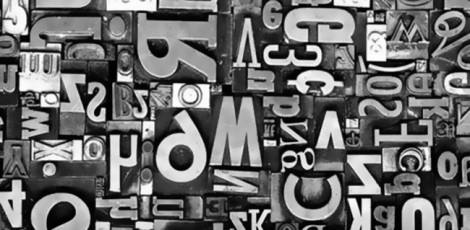
Different organisations and different languages use different terms to describe similar concepts. Incompatible terminologies impede effective searching by end users and are also an obstacle for web services that rely on consistent metadata. Linked Heritage aimed to address this challenge by standardising terminologies. Continue reading →





















